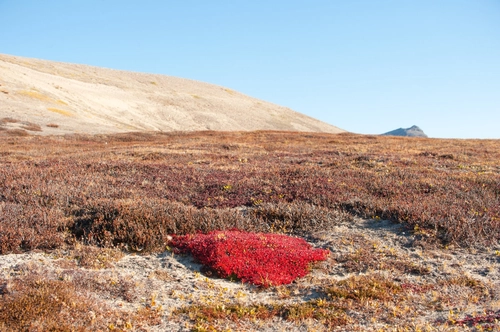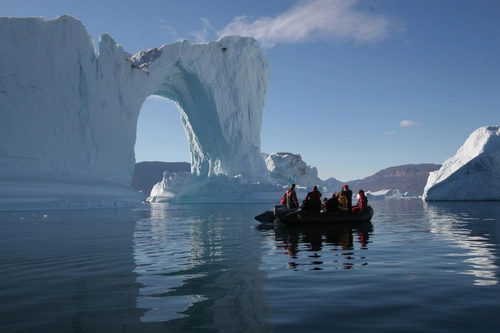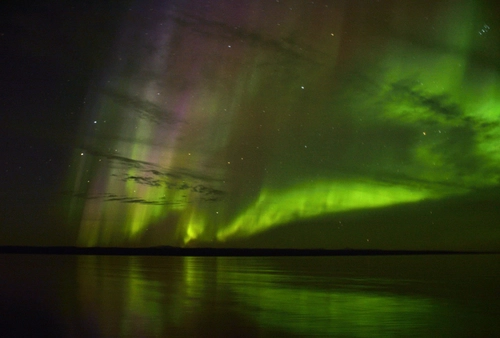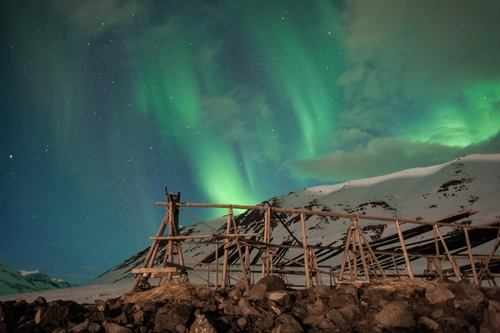Iceland is a land of contrasts and surprises. Despite its icy name, only about 10% of the island is covered by ice. The rest of Iceland’s geography is shaped by its active volcanoes, constantly forming and reshaping the landscape. This dynamic island is a place where fire and ice coexist, creating a unique and stunning environment that captivates visitors from around the world.
One of the most surprising aspects of Iceland is its climate. Given its proximity to the Arctic Circle, one might expect Iceland to be perpetually frozen. However, thanks to the North Atlantic and Irminger Currents, the southern part of the island enjoys surprisingly mild winters. Temperatures in the south hover around 0°C (32°F) during the winter months. In contrast, the northern end of the island can experience much colder temperatures, dropping as low as -25°C (-13°F). This variation in climate adds to the island’s diversity and charm.
The wildlife in Iceland is as unique as its landscape. The Arctic Fox is the only mammal indigenous to the island. These resilient creatures have adapted perfectly to the harsh Icelandic environment and can be seen throughout the country. While polar bears occasionally drift over from Greenland or Spitsbergen, they are not native to Iceland and are considered rare visitors rather than residents.
The seas around Iceland are teeming with life, playing a crucial role in the country's economy and ecosystem. Fisheries are vital to Iceland’s economy, providing a livelihood for many of its inhabitants. The rich marine life also supports a variety of other species. Harbour and Grey Seals are commonly seen along the coast, feeding on the abundant fish. Whales are another highlight, with several species, including humpbacks and minke whales, frequenting Icelandic waters. Whale watching tours offer visitors the chance to see these magnificent creatures up close, an experience that is both thrilling and humbling.
Birdlife is another highlight of Iceland’s natural offerings. The shores and cliffs are home to numerous bird species, making it a paradise for bird watchers. Kittiwakes, with their distinctive calls, are a common sight. Puffins, with their colorful beaks and charming behavior, are one of the most beloved birds in Iceland. These charismatic birds nest in large colonies along the cliffs, providing endless entertainment for visitors. Skuas, known for their aggressive nature, are also part of the diverse avian population.
Iceland’s unique geography and climate also contribute to its stunning natural beauty. The island is dotted with volcanoes, geysers, hot springs, and waterfalls. Each of these features adds to the dramatic landscape that makes Iceland so special. The geothermal activity provides natural hot springs, where visitors can relax and soak in warm waters while surrounded by snow-covered landscapes. The famous Blue Lagoon is just one of the many geothermal spas that offer a unique and rejuvenating experience.
Exploring Iceland’s natural wonders is a must for any visitor. The Golden Circle, a popular tourist route, takes you to some of the island’s most iconic sites, including the Geysir geothermal area, Gullfoss waterfall, and Thingvellir National Park. Each of these locations showcases a different aspect of Iceland’s natural beauty and geological activity.
For those seeking adventure, Iceland offers a wealth of outdoor activities. Hiking, glacier trekking, and ice climbing are just a few of the options available. The island’s rugged terrain and diverse landscapes provide endless opportunities for exploration and adventure. In the winter, the northern lights dance across the sky, offering a spectacular natural light show that attracts visitors from all over the world. Witnessing the aurora borealis in the dark, clear Icelandic sky is a magical experience that should not be missed.
Iceland is also rich in culture and history. The island’s Viking heritage is evident in its museums, festivals, and historical sites. Reykjavik, the capital city, offers a vibrant cultural scene with galleries, music venues, and restaurants serving delicious Icelandic cuisine. Traditional dishes often feature locally sourced ingredients, including fresh seafood and lamb, providing a taste of Iceland’s natural bounty.
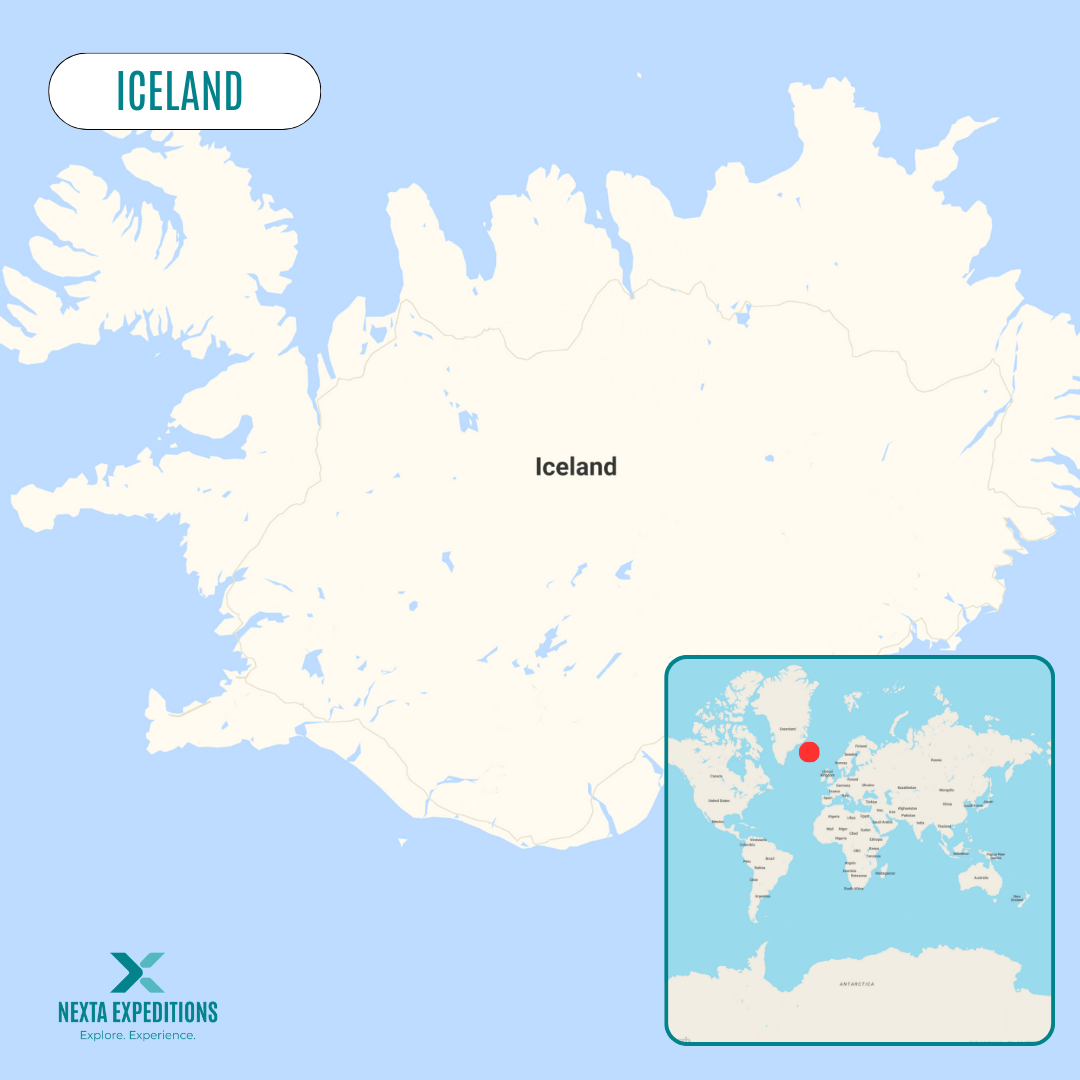



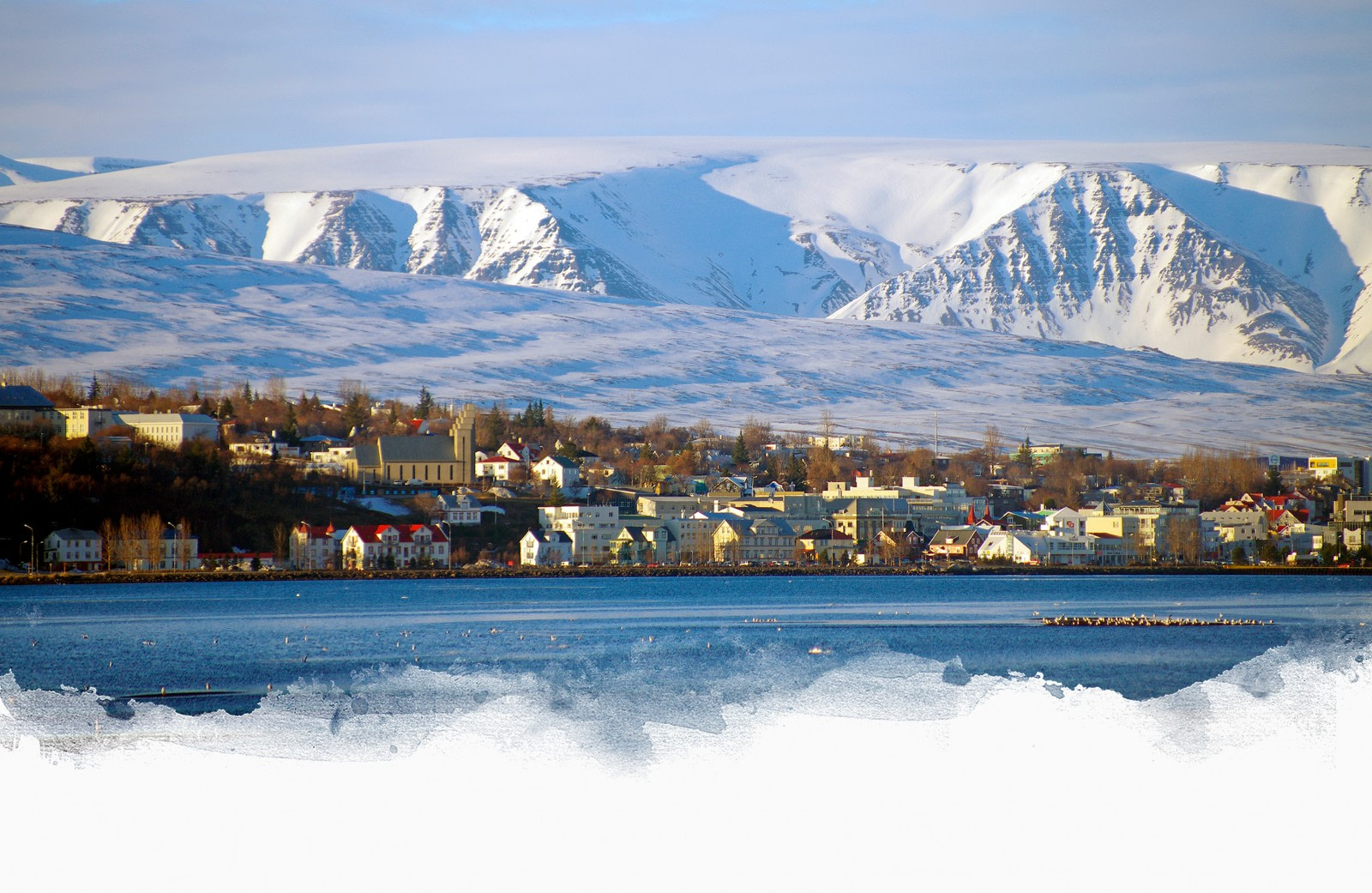


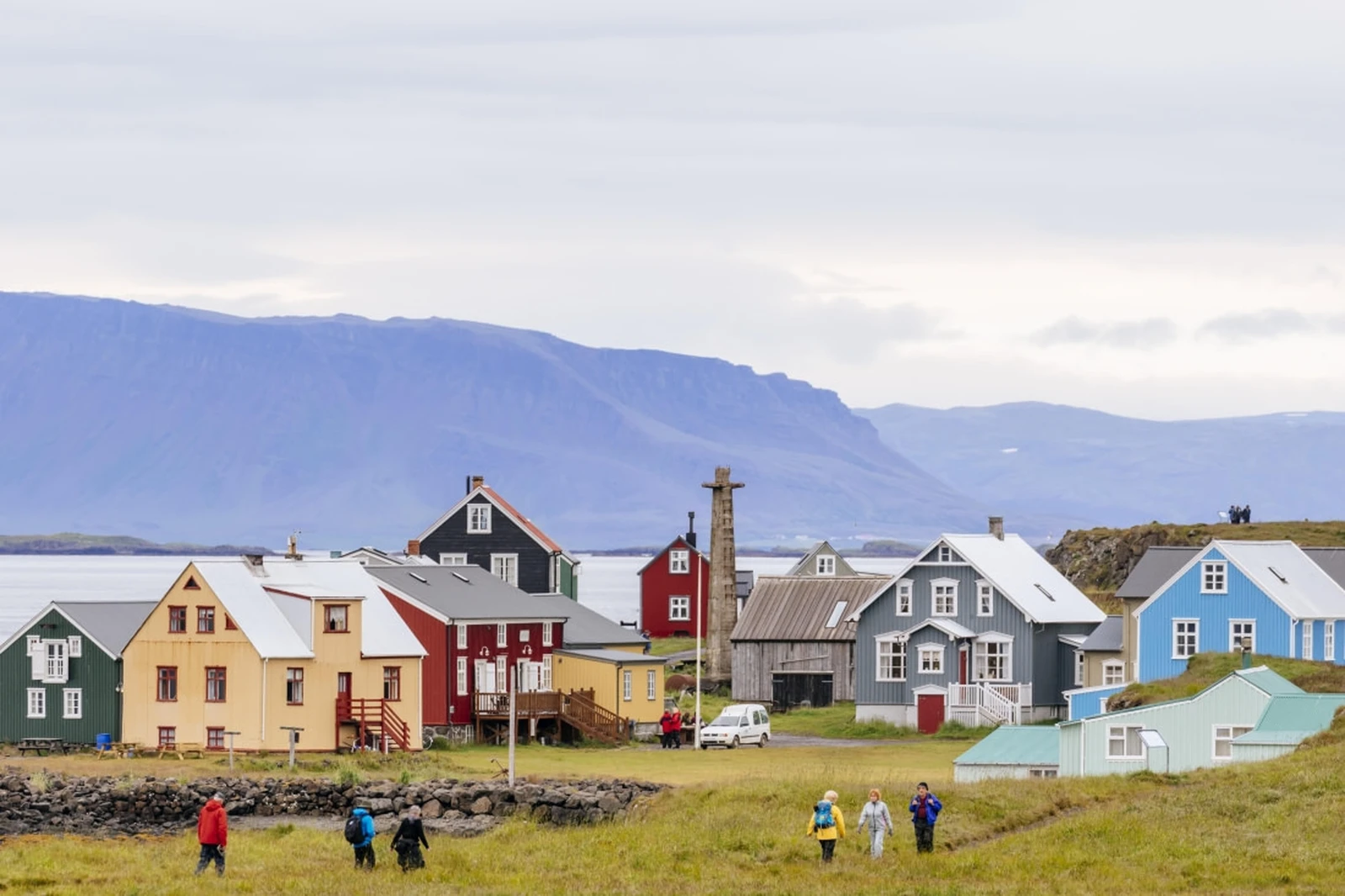
 8 Days / 7 Nights
8 Days / 7 Nights
